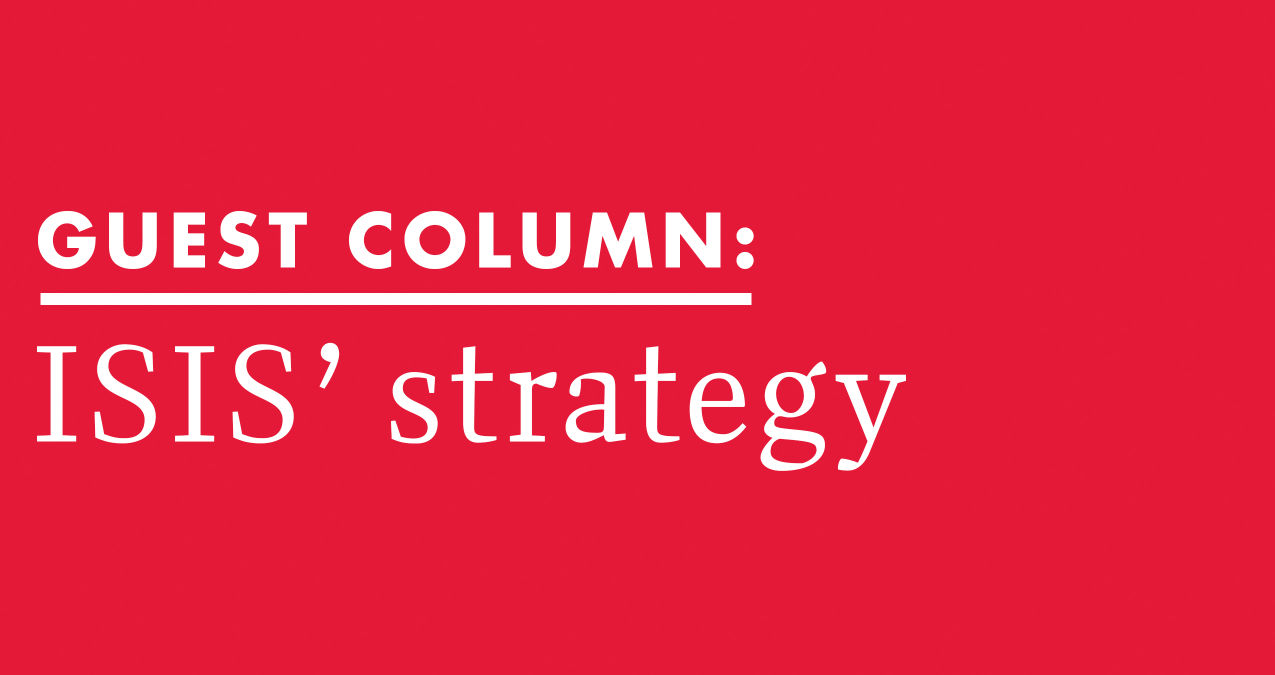
ISIS’ strategy
ISIS’ recent crime of burning alive Jordanian air force pilot Muath al-Kasasbeh seems especially horrible, even compared to the group’s recent executions of British, Japanese and American private citizens. However, though those executions seemed totally senseless, there was a certain twisted military logic to al-Kasasbeh’s death in that the Jordanian had been bombing ISIS’ territory.
Though he personally was no longer a threat to ISIS and could’ve just been imprisoned, killing him in such a horrible way might have been intended to give pause to other air force pilots, no matter their nationality, about continuing these raids. If other pilots were shot down, the same thing might happen to them.
Now, some of them might be noble, as the executed Jordanian airman probably was, and be willing to take the risk of being burned alive to pursue a humane cause of reducing civilian casualties.
However, others might say: If we have to risk our necks, why not use nuclear weapons instead?
This might immeasurably reduce their chances of being shot down and burned alive, as the number of attacks required to achieve success would be far fewer, even though the civilian casualties and destruction of property and priceless artifacts would be so much greater.
And who could blame those pilots for not wanting to be burned alive? If enough of them rebel, they might be able to force President Obama to either use nuclear weapons or stop the air campaign against ISIS completely, though the war against ISIS might still proceed under President Bashar al-Assad of Syria.
However, if just a few rebel and say they don’t want to be burned alive, what can President Obama or the allied military authorities do? Give those pilots dishonarable discharges and put them in prison, the way they did Sgt. Perry Mitchell 24 years earlier during the Gulf War under similar circumstances?
ISIS may have discovered a real secret weapon against the West, though it could just as easily backfire.
Jonathan Miller is a graduate student studying geography. He can be reached at jsmiller@umd.edu.



